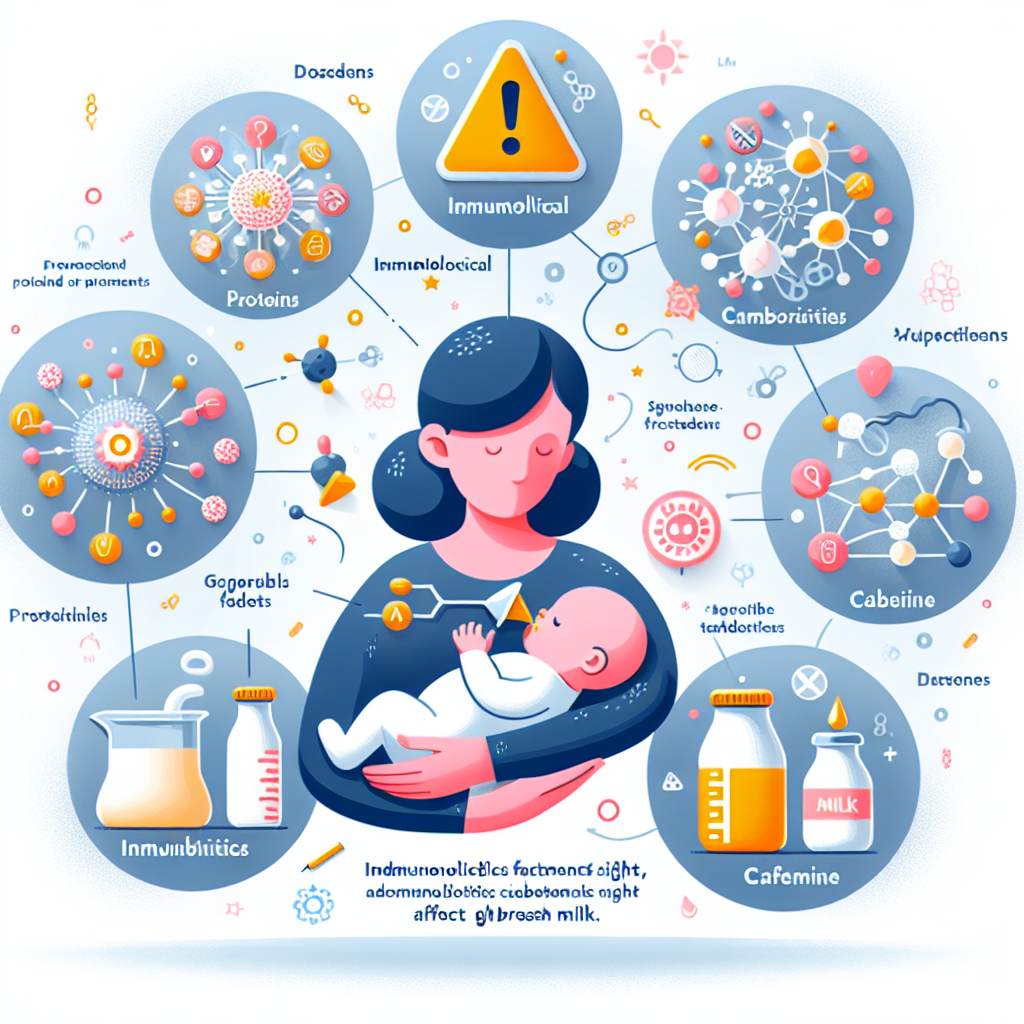What Comes in Breast Milk: Essential Information
Breast milk is not only a source of nutrition for the newborn, but also a complex environment that carries a series of essential information and vital elements for the development of the child. Next, we will explore in detail what is transmitted through breast milk and how this phenomenon influences the health and development of the little ones.
The Nutritional Importance of Breast Milk
Breast milk is considered the "gold standard" when it comes to feeding babies. It contains all the nutrients necessary for optimal growth and development of children in the first months of life. Thus, breast milk provides proteins, fats, carbohydrates, vitamins and minerals in perfectly balanced proportions for the baby's changing needs.
Antibodies and Immunity
One of the most valuable components of breast milk are antibodies. These "defenders" are passed from mother to child and help protect the newborn against infection and disease. Breast milk contains IgA, an antibody that plays a crucial role in protecting mucous membranes and is not found in formula.
Microbiota and Digestive Health
It is also interesting that breast milk contributes to the development of a healthy intestinal microflora in babies. It is rich in prebiotics and also contains probiotics, meaning friendly bacteria that support a healthy digestive system.
Growth and Development Factors
The composition of breast milk contains numerous growth factors that support the optimal development of the child's tissues and organs. These include epidermal growth factors, insulin growth factors and others, which are essential especially for the development of the brain and nervous system.
Hormones and Behavior Regulation
Maternal hormones present in milk, such as melatonin and oxytocin, can also influence the baby's behavior, including the regulation of sleep and general well-being. Through breastfeeding, these hormones help establish a strong bond between mother and child.
Substances with a Protective Role
Breast milk contains various enzymes and other substances that protect the baby against bacteria and viruses. Lactoferrin, for example, has antibacterial properties and is an important defense against infection.
Impact of Drugs and Harmful Substances
It is crucial to note that, under certain conditions, breast milk can pass on less desirable substances. These are drug residues and harmful substances such as nicotine or alcohol, if the mother consumes these substances. That is why it is essential that nursing mothers have a healthy lifestyle and communicate with the doctor before taking any medication.
Exclusive Breastfeeding and the Recommendations of International Organizations
The World Health Organization recommends exclusive breastfeeding for the first 6 months of life and continued breastfeeding with complementary feeding until at least 2 years. This is due to the immense benefits that breast milk offers for the health and development of the child.
Conclusion
Breast milk is an unrivaled source of nutrients and vital elements for the baby, contributing significantly to immunity, cognitive, emotional and physical development. It is important for mothers to be aware of the impact their lifestyle and choices have on the milk they give their baby. Breastfeeding not only transfers nutrients, but also a deep bond between mother and child, which has long-term benefits for both the physical and emotional health of both.














































































































































